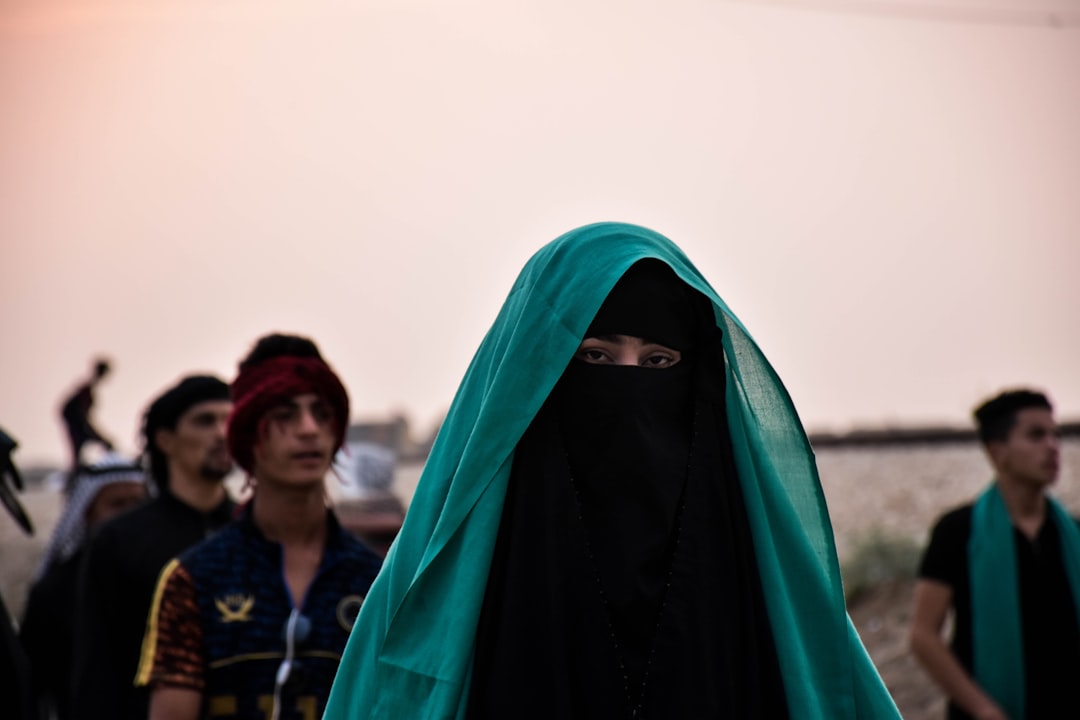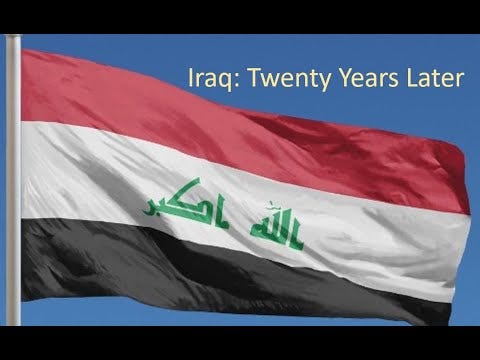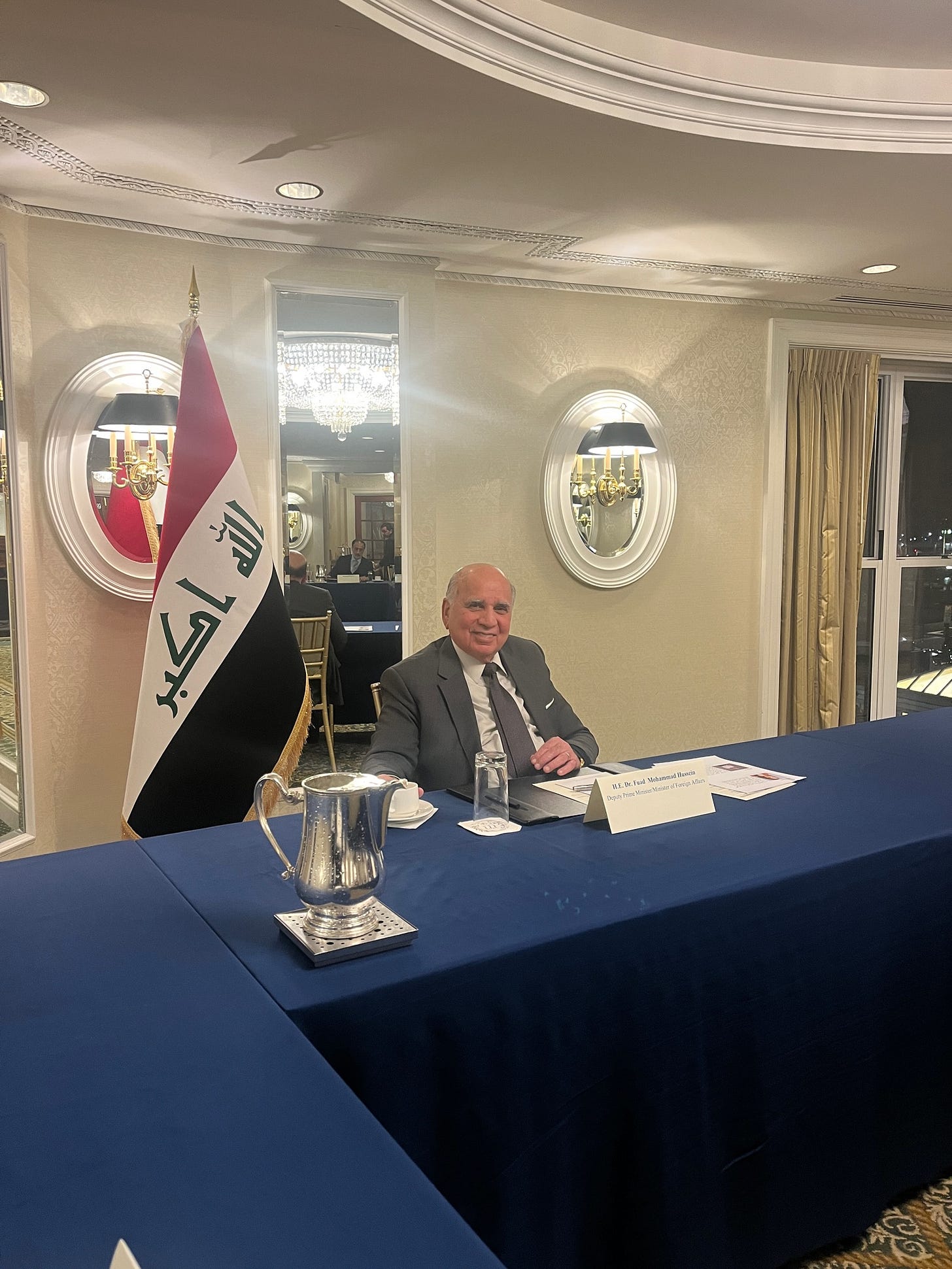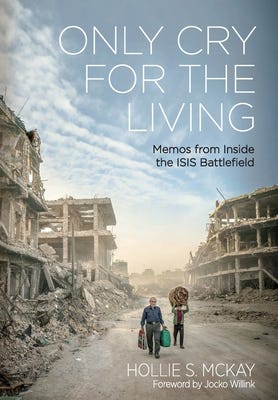VIDEO Twenty Years On: Iraq’s Foreign Minister illuminates lasting benefits from U.S.-led invasion
March 20 marks twenty years since the U.S. invaded Iraq and set the stage for a brutal, almost nine-year war and occupation under the guise that the country’s dictator Saddam Hussein harbored weapons of mass destruction (WMDs). Five thousand American lives were lost, and countless others were ripped apart and destroyed physically and psychologically. Further, a study by the Watson Institute for International and Public Affairs at Brown University estimates that between 275,000 and 306,000 Iraqi civilians have died from direct violence instigated by the war.
And, of course, the so-called WMDs proved not to exist, and the vicious terrorist organization known as ISIS ran havoc across the country just two-and-a-half years after the American withdrawal.
With the power of hindsight, almost all pundits, politicians, analysts, experts and the general mistake condemn the American onslaught as a grave intelligence failure and horrific foreign policy mistake. However, according to Iraq’s Deputy Prime Minister and Foreign Minister Fuad Hussein, there are significant silver linings to the bloody intervention and removal of Saddam from the throne.
“Removing Saddam was important to the Iraqi people. (Before that) Iraq was under embargo, (and Iraqis) couldn’t even buy food from 1995 to 2003. The U.N. confiscated the sovereignty of Iraq,” says Fuad, in Washington as head of an Iraq delegation endeavoring to strengthen his country’s ties with the White House and bolster economic opportunities. “The U.N. was shamefully deciding (how) Iraq could sell oil.”
Under U.N. Security Council Resolution 986, the U.N. established the controversial “Oil-for-Food Programme” (OIP), claiming it would help Iraqis struggling under hefty sanctions. The program allowed Iraq to sell oil on the world market in exchange for food, medicine and humanitarian supplies without giving Saddam carte Blanche to boost its military capabilities. However, the program, rife with corruption and abuse of its funding, plunged Iraqi citizens deeper into despair. The U.N. finally terminated the initiative in 2003.
“I see the Iraqi people are better economically now because, until 2003 and the embargo, the economic situation was so bad that people became poorer,” Fuad stresses. “So compared with the past, we are in better shape.”
While Fuad dwells on the destruction of Iraq's sovereignty by the intergovernmental organization prior to the war, he also points out that the country has developed into its "first democratic system" in the past two decades. A Kurdish man, a Shia Muslim, married to a Dutch Christian, Fuad represents the multifaceted and modern-day Iraq in many ways.
“People choose the government, and there is freedom of speech,” he continues. “And let’s not forget, the former regime committed genocide against its own people. The former regime used chemical weapons. We cannot forget that. And people in Iraq were isolated. They didn’t know what a mobile telephone meant. Now, Iraq is totally integrated into international politics. We are interacting with the world. This is the reality now after twenty years.”
The vacuum left behind, however, paved the way for the ISIS insurgency to recalibrate in 2014 and take over at least one-third of the beleaguered country, prompting the U.S. and its allies to reenter the fighting fray until the group’s defeat in the country in 2017.
However, despite endless proclamations from Iraqi officials that all U.S. troops will exit by the end of 2021, it has not happened. Six years after the ISIS takedown, the U.S. maintains bases and a small footprint of around 2500 troops. And that doesn’t look like ending anytime soon.
“By the way, they call themselves advisors today. They are not combat forces,” Fuad notes, by way of justification. “They are training our military and advising them, also in the field of intelligence. We are exchanging information about the terrorists and terrorists’ activity.”
While reduced to a small but destructive insurgency rather than an occupying force, ISIS – colloquially known as Daesh – continues to claim lives and wreak havoc across small pockets of Iraq. Fuad confirms their existence but claims they are no longer a “political threat” and do not have the support they attracted from a disgruntled and marginalized Sunni population in years past.
Perhaps an even more significant threat, and one that will require even more resources than it took to defeat that black-clad terrorist outfit, is conquering corruption in the deeply plagued country. From my experience as a war reporter, corruption is and always will be the root of all evil. The transgression ignites frustrated citizens to become terrorists, induces violence and unrest, kills the poor and crushes economies, and unfortunately, it is systemic in the Iraqi framework.

Iraq sits atop the world’s fifth largest oil reserves and has the potential to be a wealth-swathed Gulf nation like Saudi Arabia, Qatar, Oman or Kuwait. However, if the top echelon persistently siphons off profits, the benefits never trickle down to the citizens and the country remains crippled. As a result, Transparency International ranks Iraq at the bottom of its Corruption Perceptions Index.
The oil industry accounts for eighty percent of all the country’s funding, with the vast majority funneled into private pockets in nebulous behind-the-scenes handshakes from the KRG in the north to the religious authorities in the south and everywhere in between. Mind you, oil companies are content to close their mouths and go with the standard flow of paying kickbacks, given the money at stake. In particular, state-run Chinese companies have emerged as Iraq’s number one trading partner since 2003 and the greatest beneficiaries of the murky monetary dealings.
Of course, Iraqis are not blind to the theft. Anger routinely erupts across the nation over corruption and the subsequent poor public services, pockmarked roads, toxic pollution, unemployment and lack of health and hope.
Nevertheless, a prominent part of Fuad’s Washington visit is to garner support away from the tainted oil sector and vary its electricity sources. Further, Fuad says the government is eager to transform Iraq from a “cash economy” into a “digital economy” with a modernized, expanded use of electronic payment systems in the hopes of reducing corruption. Iraq’s complete dependence on cash payments has enabled corruption to flourish for decades.
But as it stands, digital currencies are outlawed across the country.
And despite the government’s effort to forge closer relations with Washington, one area Baghdad won’t side with the U.S. on is stopping business dealings with Russia. Fuad acknowledges they still purchase gas from Russian oil companies and are not the only ones.
Furthermore, he remains adamant that Baghdad is doing what it can to push back Iranian influence within its borders and hinted at Iraq’s role as a messenger between arch-rivals Tehran and Washington.
“I’m interacting with both sides and talking with both sides. So when (these countries) conflict, it affects us directly,” Fuad adds.
After our meeting, I return home to reflect on the looming twentieth anniversary of the U.S. foray into Iraq, a country that has defined much of my young adult journalistic life. Was it worth it? That argument is hard to justify, but assumptions are easy to make with the empowered lens of retrospect.
Sometimes I miss the ancient, unpredictable, bloodied, and beautiful Iraqi capital: the scent of exhaust, sweat, gunpowder, and the rings of salt that defined so much of our collective memory. I remember what my good friend, a fellow journalist named Enas told me during a trip to Baghdad last year.
“It has been two years since a suicide bombing,” she enthused as I jumped into her car outside Baghdad International Airport.
Indeed, it’s a small but significant victory in a country ripped apart for decades by endless wars and occupations. And when you are used to living life on a precipice, those triumphs are everything.
For speaking queries please contact meta@metaspeakers.org
Order your copy of “Afghanistan: The End of the US Footprint and the Rise of the Taliban Rule” due out this fall.
For those interested in learning more about the aftermath of war, please pick up a copy of my book “Only Cry for the Living: Memos from Inside the ISIS Battlefield.”
If you want to support small businesses:







